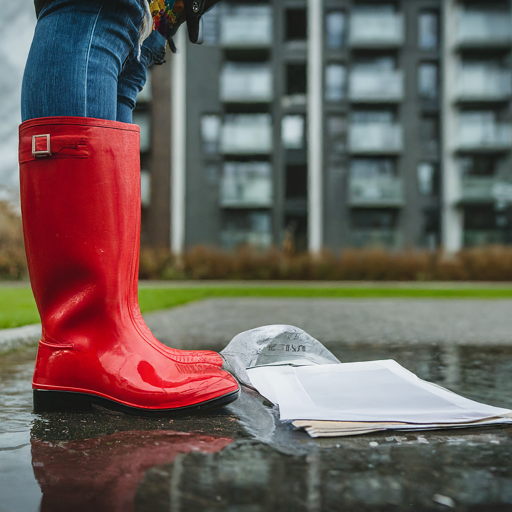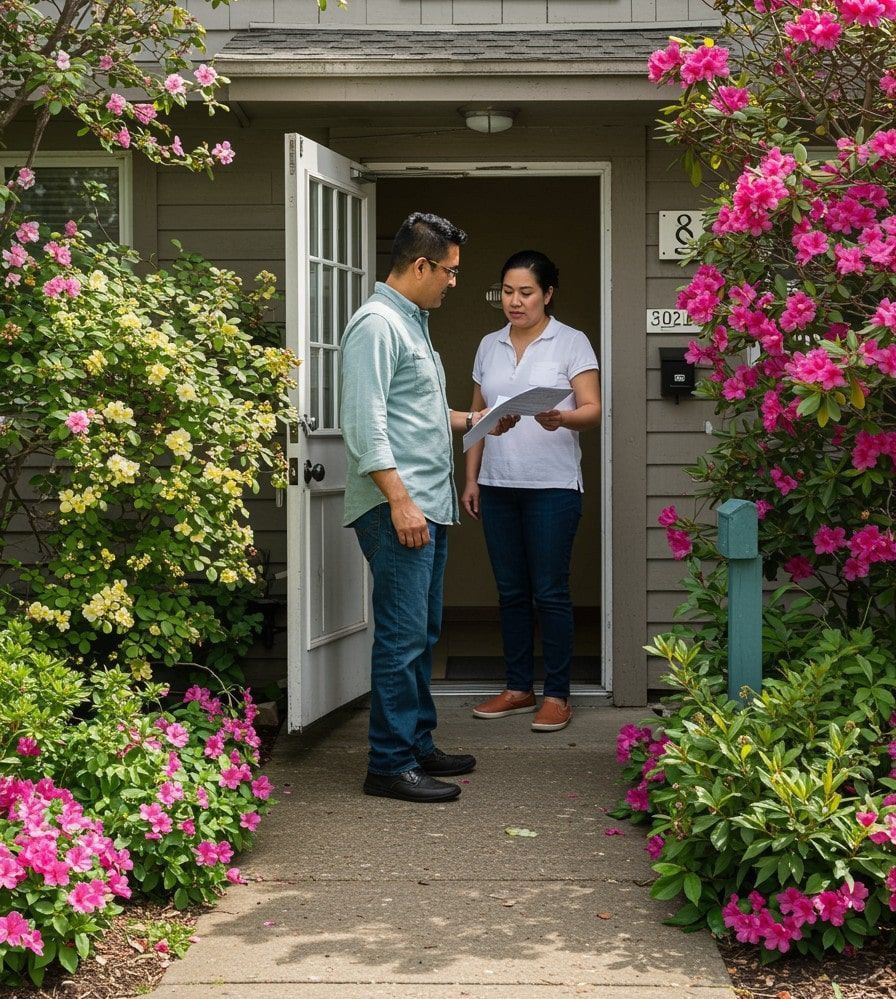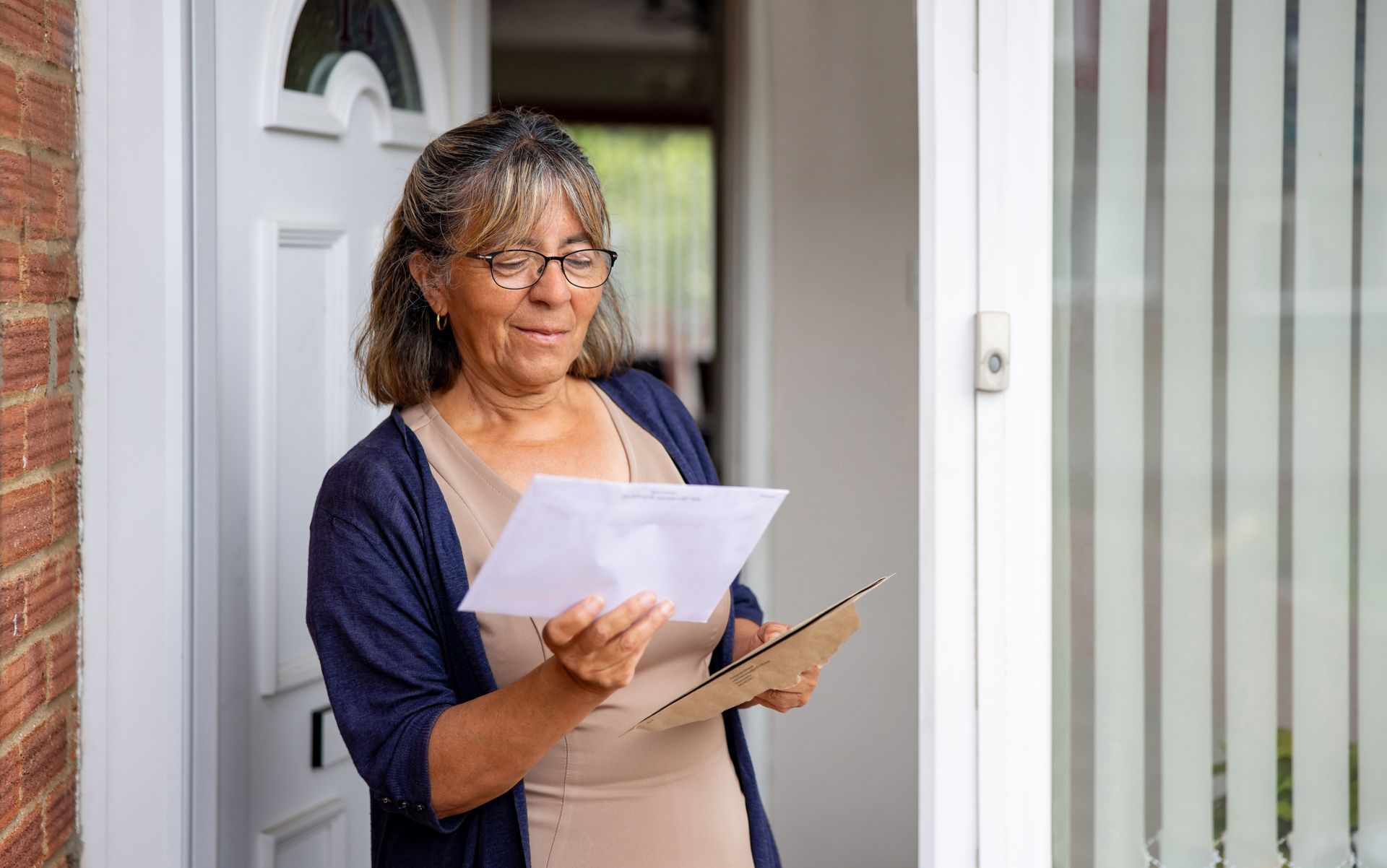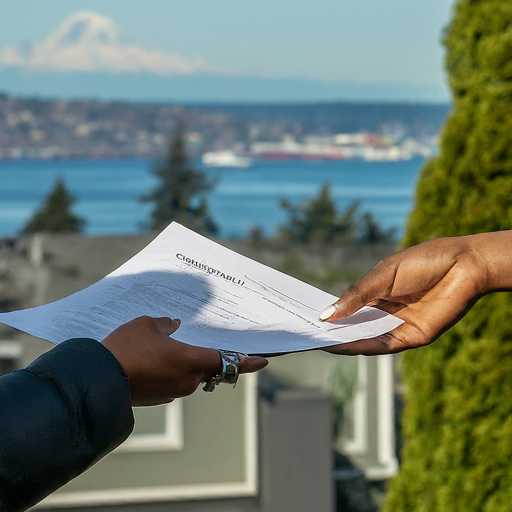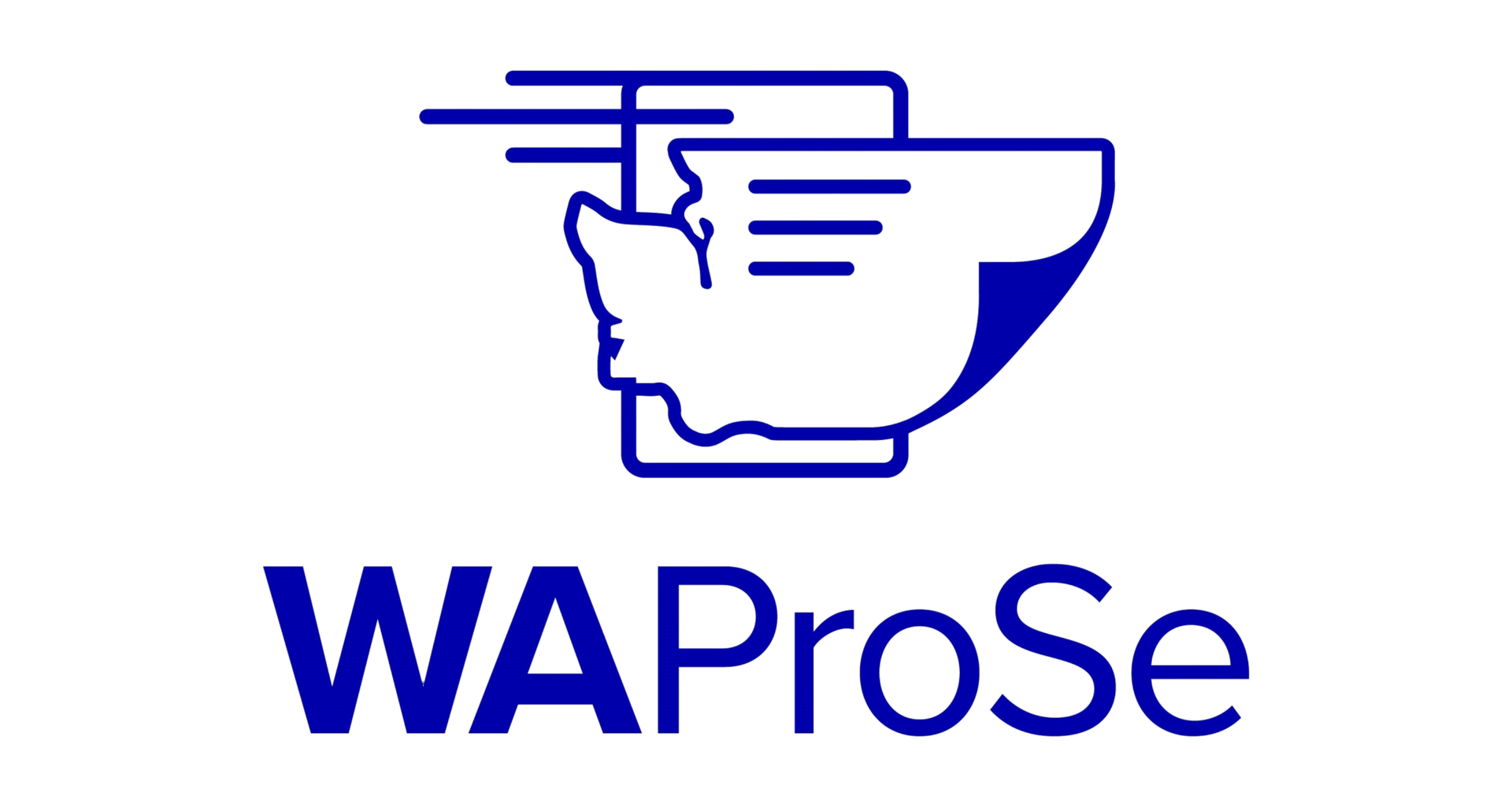What do I do with a deposition notice from a process server?
What to Do After Receiving a Notice of Deposition
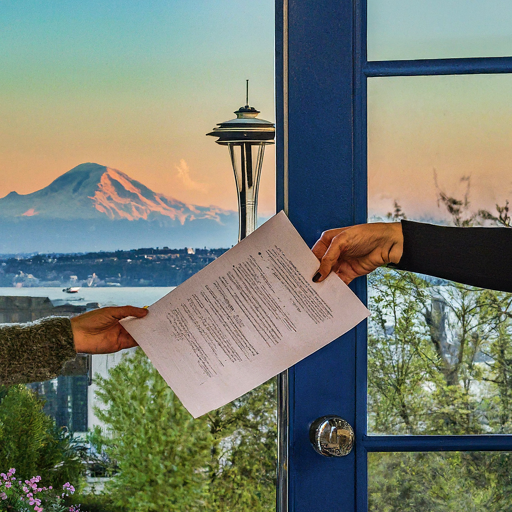
What to Do After Receiving a Notice of Deposition: A Guide from WA Pro Se
If you’re reading this, it likely means you’ve just received a notice of deposition from an attorney. First off, don’t panic! This is a normal part of the legal process, and we’re here to help you understand what it means and what steps you should take next whether you are in Edmonds, Port Orchard, or Bellingham, Washington.
What Is a Notice of Deposition?
A notice of deposition is a formal request for you to provide testimony under oath. This usually occurs during the discovery phase of a legal case, where parties gather information to prepare for trial. Depositions can take place in person or via video conference, depending on the circumstances. If your deposition notice states that you must appear in Florida but you live in Washington state, a video conference could possibly be accommodated, for instance.
Steps to Take After Receiving the Notice of Deposition
1. Read the Notice Carefully
Take a moment to review the notice thoroughly. It will contain important details such as the date, time, and location of the deposition, as well as any specific instructions you need to follow.
2. Understand Your Rights
You have the right to consult with an attorney before the deposition. If you’re unsure about your obligations or what to expect, it’s a good idea to seek legal counsel. An attorney can help you prepare and answer any questions you may have. To find an attorney in Washington, one resource to consult is the Washington Bar Association's directory.
3. Prepare Your Testimony
Think about the topics that may be covered during your deposition. While you should answer truthfully, you can also take the time to gather any documents or evidence that may be relevant to your testimony. If the deposition is in reference to a time when you worked for a former employer, and the employer has your notes or report regarding the topic of deposition, you may need to get in contact with them.
4. Plan Your Schedule
Make sure to mark the date and time of the deposition on your calendar. If you have any conflicts, it’s important to communicate with the attorney’s office as soon as possible to reschedule.
5. Know the Process
During the deposition, you will be asked questions by the attorney representing the other party, and usually your testimony is recorded by a court reporter. Remember that you are under oath, so it is crucial to answer honestly and to the best of your knowledge.
6. Stay Calm and Collected
It’s completely normal to feel anxious about giving a deposition. Remember, you’re just sharing your perspective. If you don’t understand a question, don’t hesitate to ask for clarification.
7. Follow Up
After your deposition, it’s a good idea to follow up with your attorney to discuss how it went and if there are any next steps you should take.
Final Thoughts
At WA Pro Se, we understand that being served with legal documents can be stressful and overwhelming, and most of all an inconvenience to your daily routine. Remember, you’re not alone in this process. Take the time to understand what’s required of you and reach out to the many resources available in the greater Seattle area if you feel stuck or feel like you need more in-depth advice. Stay informed and take care!

